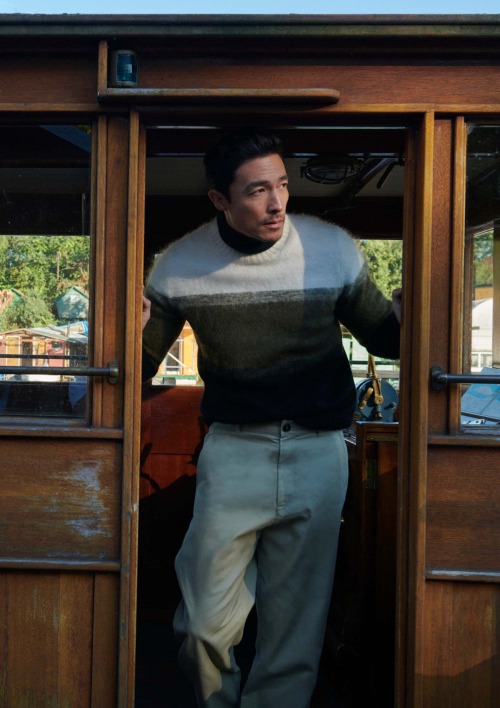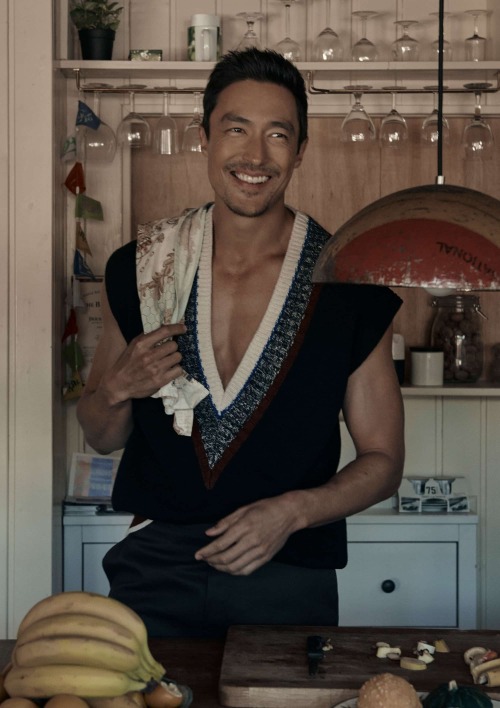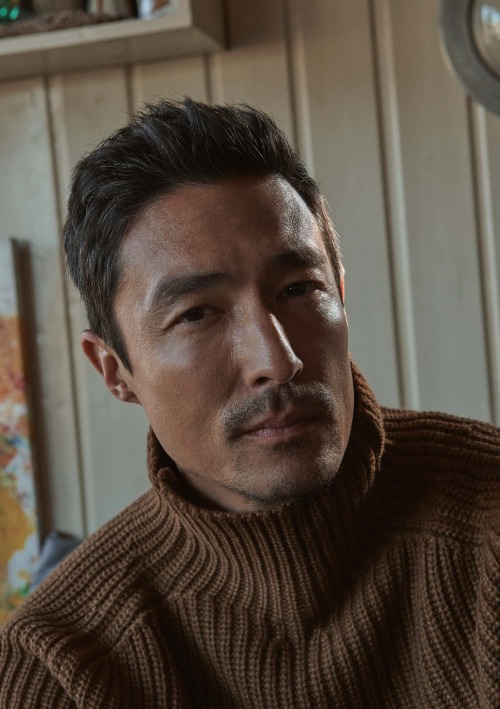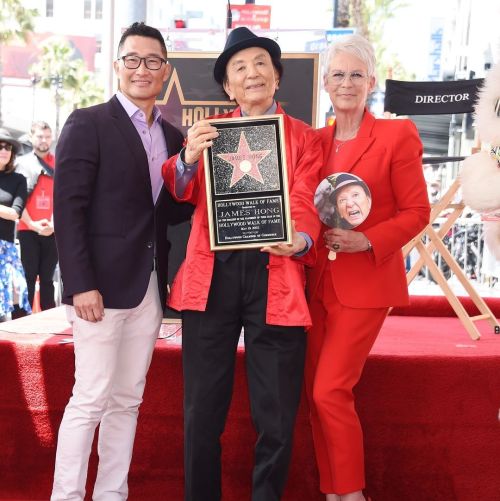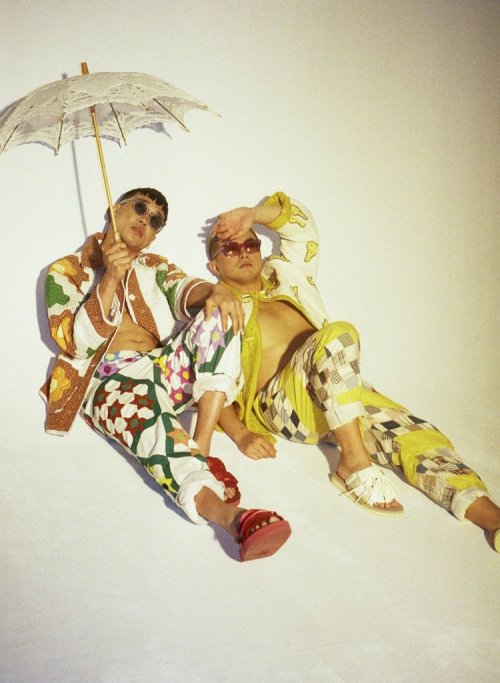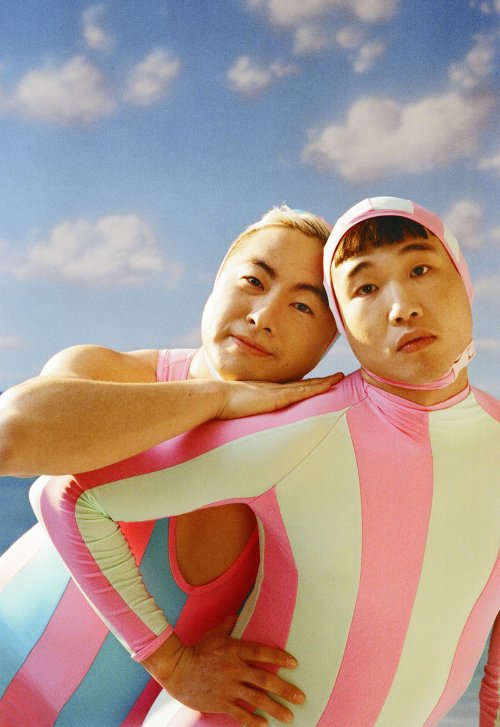#east asian representation
ok, so it’s been a few days since i’ve watched captain jack harkness (aka the episode where jack and tosh get sent to the 1940s) and it just feels completely false to me that tosh doesn’t feel any anger at being placed in a situation that she has stated to be personally traumatic for her. after tosh expresses her fears about being stuck in a time period close to the pearl harbour attacks, the discussion immediately shifts towards discussing jack’s experiences in the 1940s! and when tosh ends up facing the samepersecution as her grandfather, we don’t get her reaction or any scene where she actually talks about how she feels, nothing! how can you have a character, particularly a british japanese woman facing anti-asian racism during ww2 andnotfocus on her reaction to a moment you have previously established as frightening for her?
yes, you could argue that tosh’s way of ‘processing’ is by immediately trying to solve problems and getting to work. sure! but i can’t help but draw parallels to ianto, who is similarly defined by his work and service to others in the earlier episodes, but his anger and frustrations are still given fair treatment, particularly in the cyberwoman episode. also, this is more of a note on torchwood/doctor who as a whole, but if you’re engaging with narratives of oppression and not actuallycentring the experiences of the characters from the oppressed group, particularly their justified anger, then who is this story for? to push a saviour narrative about how altruistic the white leads are? or using racism as ‘set dressing’ while the episode ultimately focuses on the pain of the white lead? (as many people have already mentioned, the family of blood is an egregious example of this with how it treats martha).
again, i’m only midway through season 2 and i’m hoping that the show ends by delving into tosh’s psyche in a more interesting and meaningful way. they almost got there with greeks bearing gifts and i can see what they were trying to achieve in to the last man. but also, what is it with all of tosh’s extremely few standalone episodes heavily featuring a storyline where she needs to emotionally/physically service the needs of a white guest character? usually achieved by manipulating tosh and taking away her agency? mary in greeks, tommy in last man and in an extremelygross way with adam. and they never address it again!
listen, i love tosh. i think naoko mori gives a fantastic performance and i think her empathy, capability in tough situations, and predilection for defining herself by her achievements are all really interesting traits. but at times the writing for her character feels dangerously reminiscent to say, someone like glenn in the walking dead, who was also the sole asian lead actor in a predominantly white genre show. steven yeun puts it best in this interview, that there’s just frustration at being consistently reverted to “dependable, supportive, benign” asian sidekick for the white leads.
Henney grew up in a predominantly White town in Michigan, and his mom had been adopted and raised by a White family. “My mom and I were outliers,” he tells Timid, “but maybe I needed that. Maybe I wasn’t ready yet, because my mom wasn’t. It wasn’t until she started searching for her roots when I was about 14 years old that my Korean mind started to open up for me.“
Henney moved to Asia when he was 20, which he describes as the perfect time. “I had this formative period as a young man when I was old enough to process and make choices within my world and my culture. I was wide open for the experience mentally.”
The Asian-American experience is varied, but a common struggle is finding the balance among intersecting identities. Am I Asian enough? Am I American enough? What does it mean to be Asian-American? During our conversation, Henney muses that “no matter what side you’re leaning towards, it might never feel ‘enough.’”
“I think it’s about letting go and knowing that it’s okay to be leaning towards one identity for a while. You’re going to get there eventually if you want. If you really want to, it’s in your core, and you will get there, no matter if you’re 30, 40, or older.” He adds, “You’ll eventually find it, but I think if you pressure yourself too much to ‘find’ it, it can start to become tricky.”
(via TIMID magazine)
Post link
Everything Everywhere All at Once:Michelle Yeoh’s character is swept up in an insane adventure, where she alone can save the world by exploring other universes connecting with the lives she could have led. Unfortunately, this sweeps her up into an even bigger adventure when she finds herself lost in the infinite worlds of the multiverse.
A film from Daniels and starring Michelle Yeoh,Ke Huy Quan,Stephanie Hsu, Jenny Slate, Harry Shum Jr., with James Hong and Jamie Lee Curtis. EVERYTHING EVERYWHERE ALL AT ONCE – In Theaters March 25, 2022!
variety: After a career spanning six decades and one viral petition, beloved 93-year-old actor James Hong was honored with a star on the Hollywood Walk of Fame today.
During the star ceremony, Hong was saluted by Everything Everywhere All At Once co-star Jamie Lee Curtis and actor Daniel Dae Kim, who started the online campaign for Hong to receive the honor.
“I want to thank all the fans and friends who donated their money. It boggles my mind to think that there’s enough people out there who would do that,” Hong told Variety ahead of the ceremony. “And I don’t know who they are, so I’ll just have to thank them through your article.”
Why It Took Six Decades for James Hong to Get a Star on the Walk of Fame
Post link


